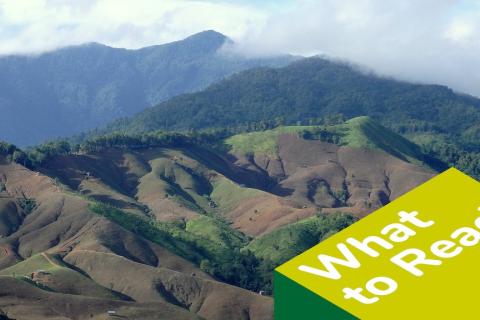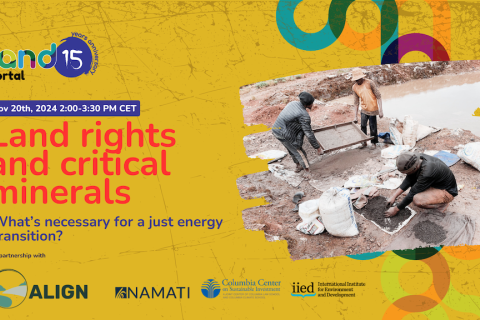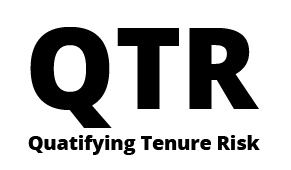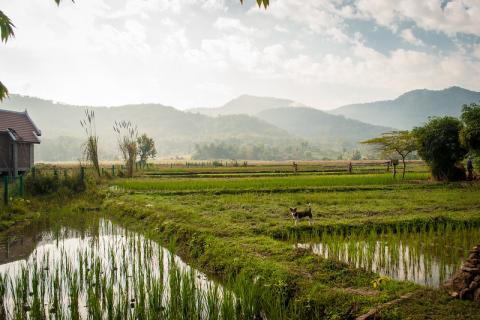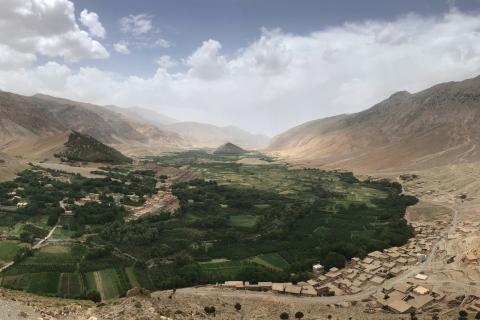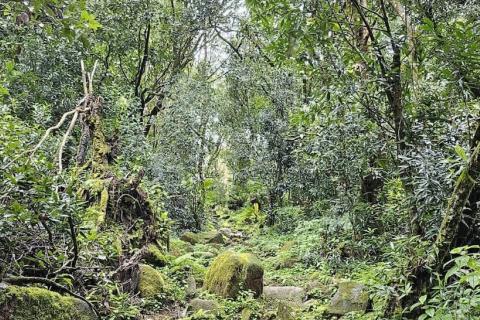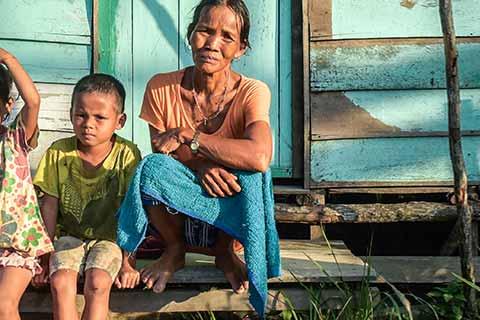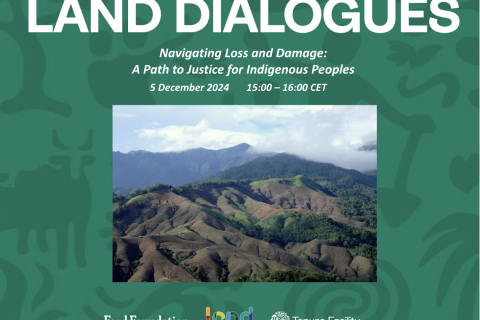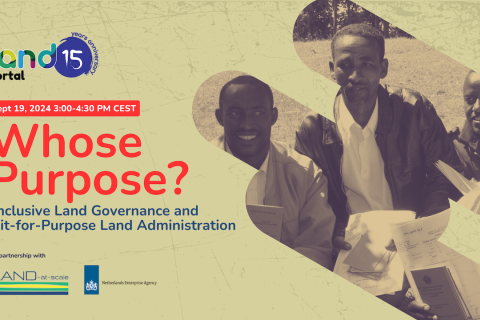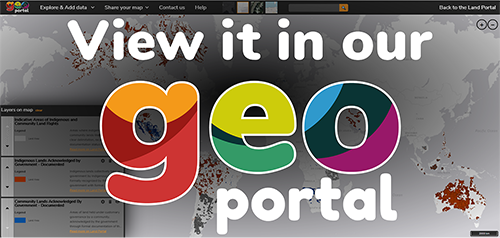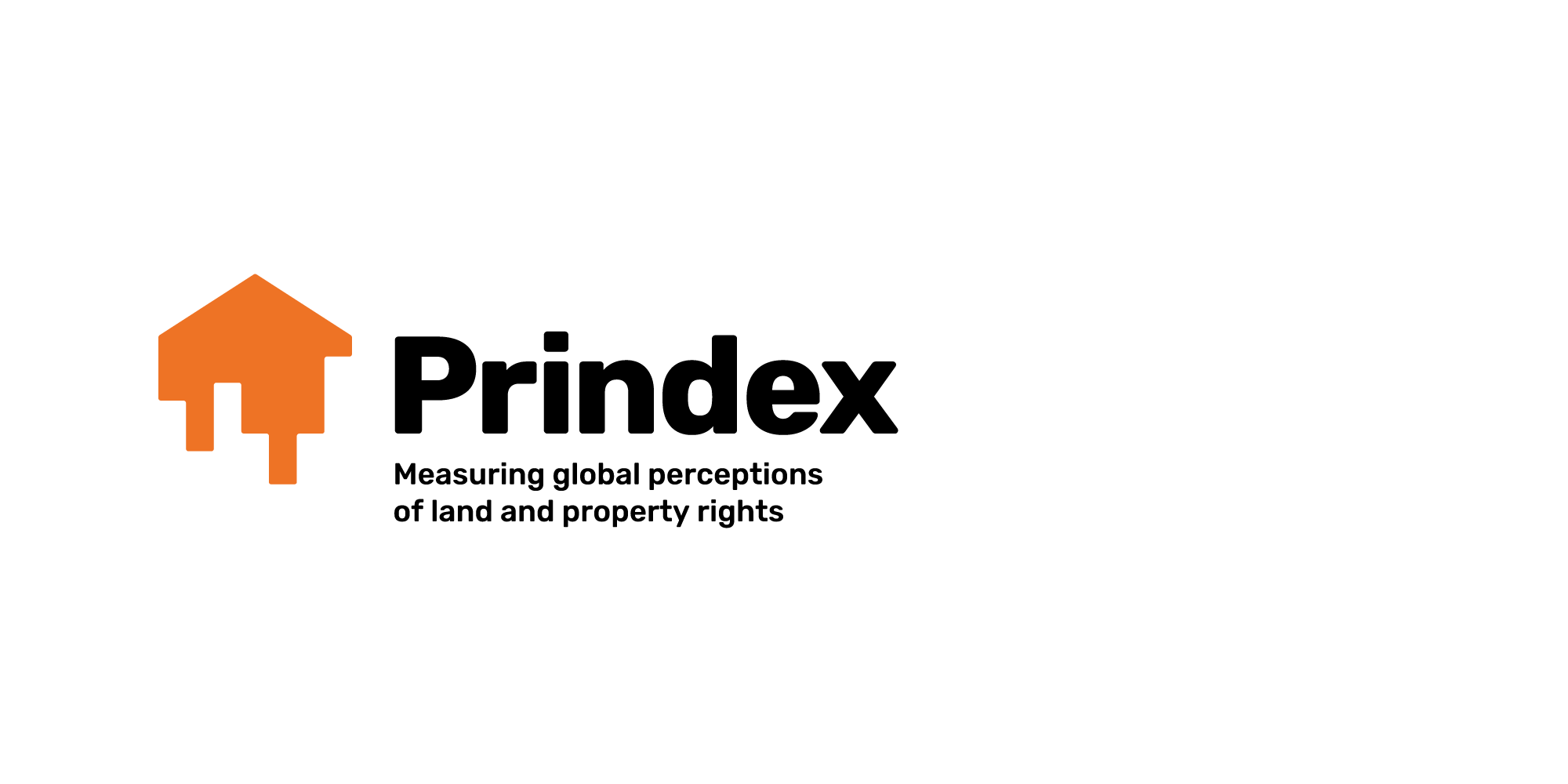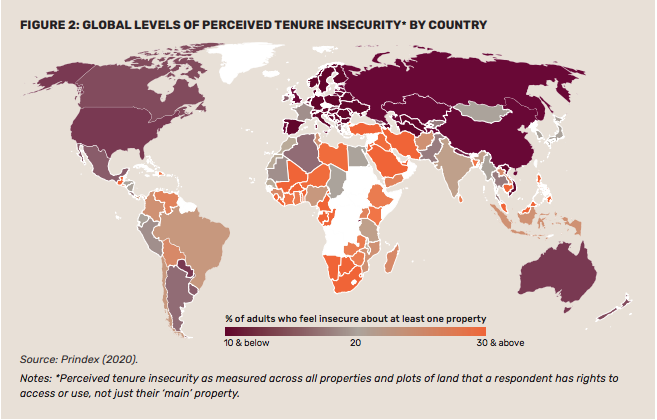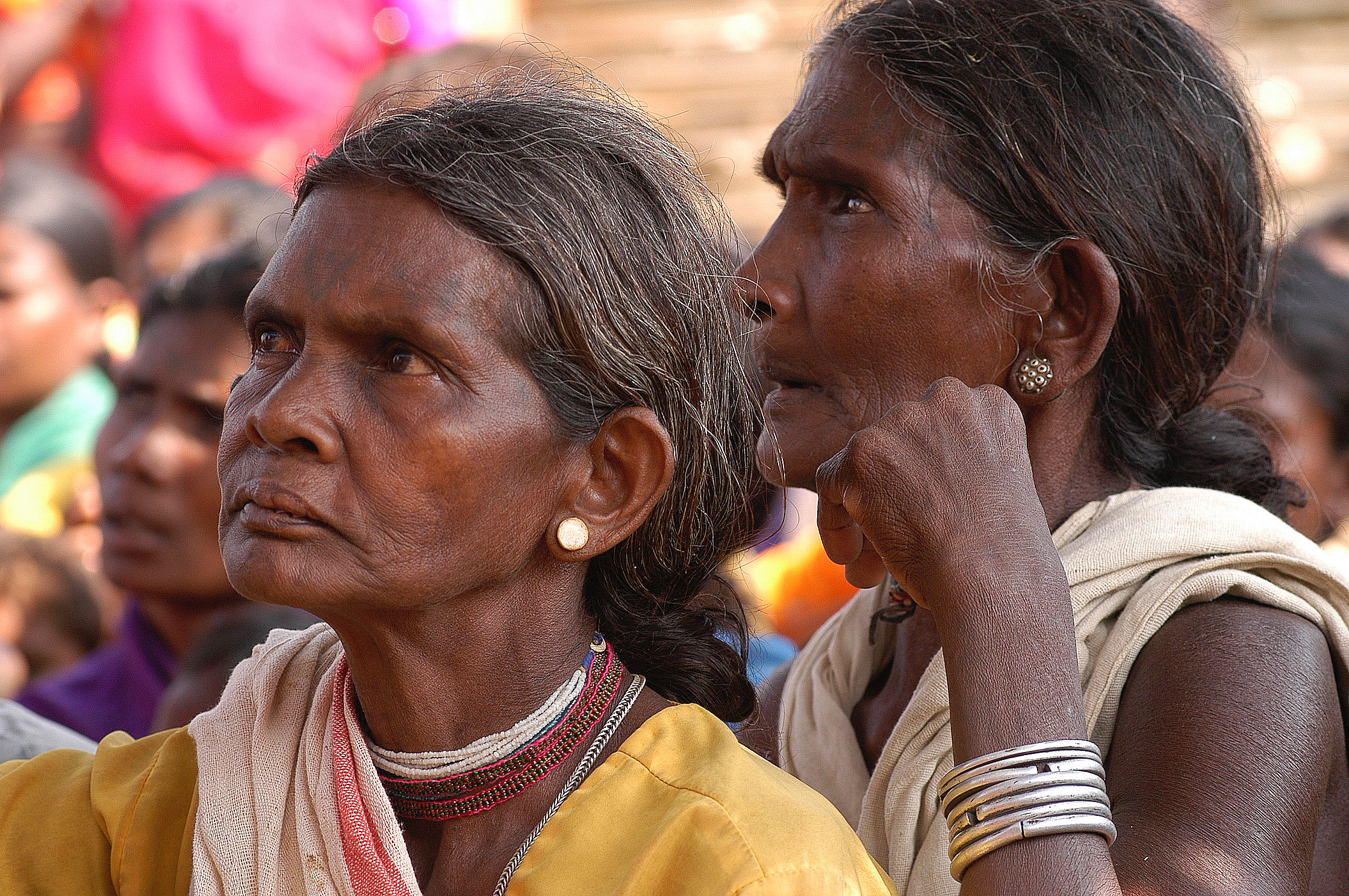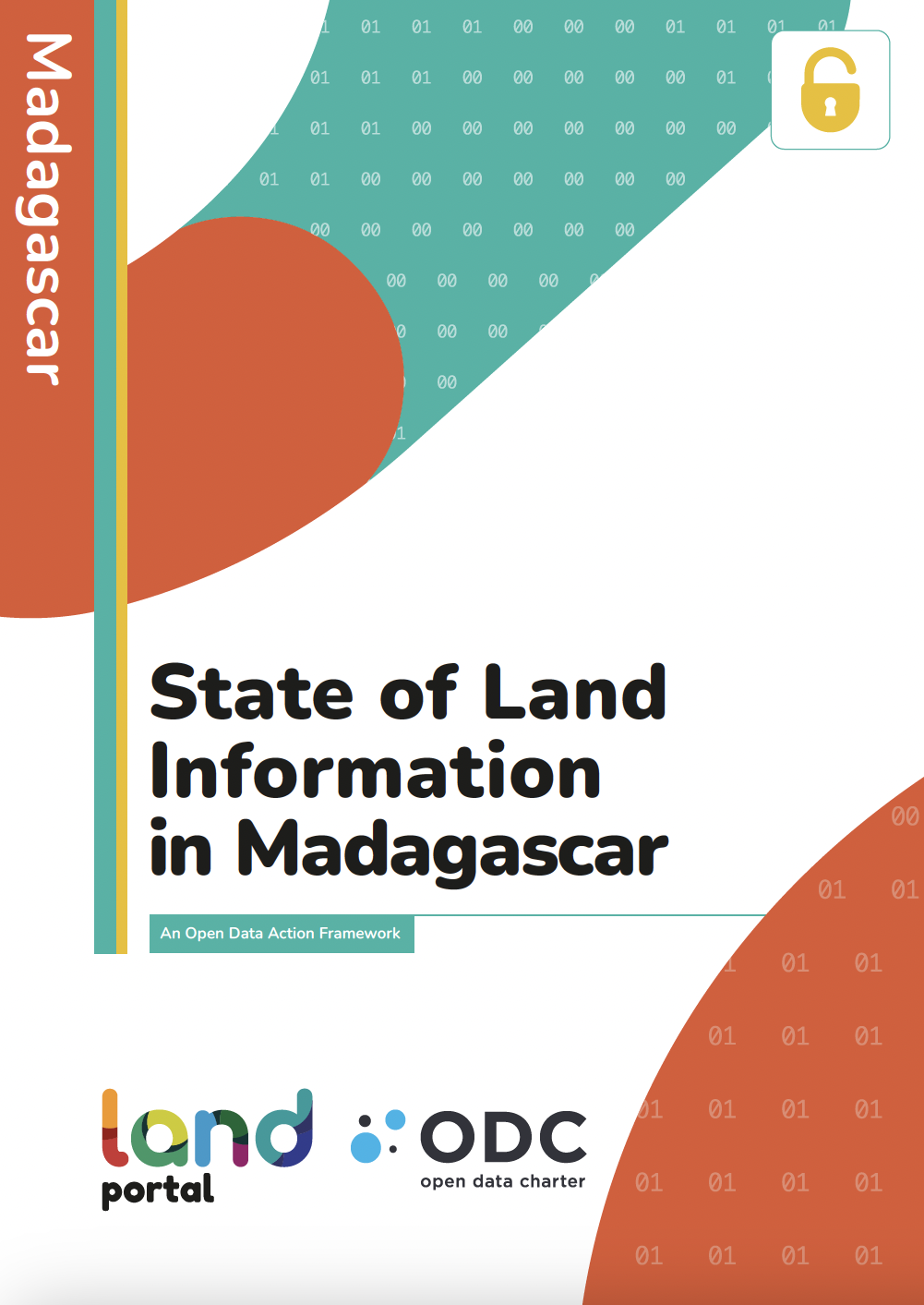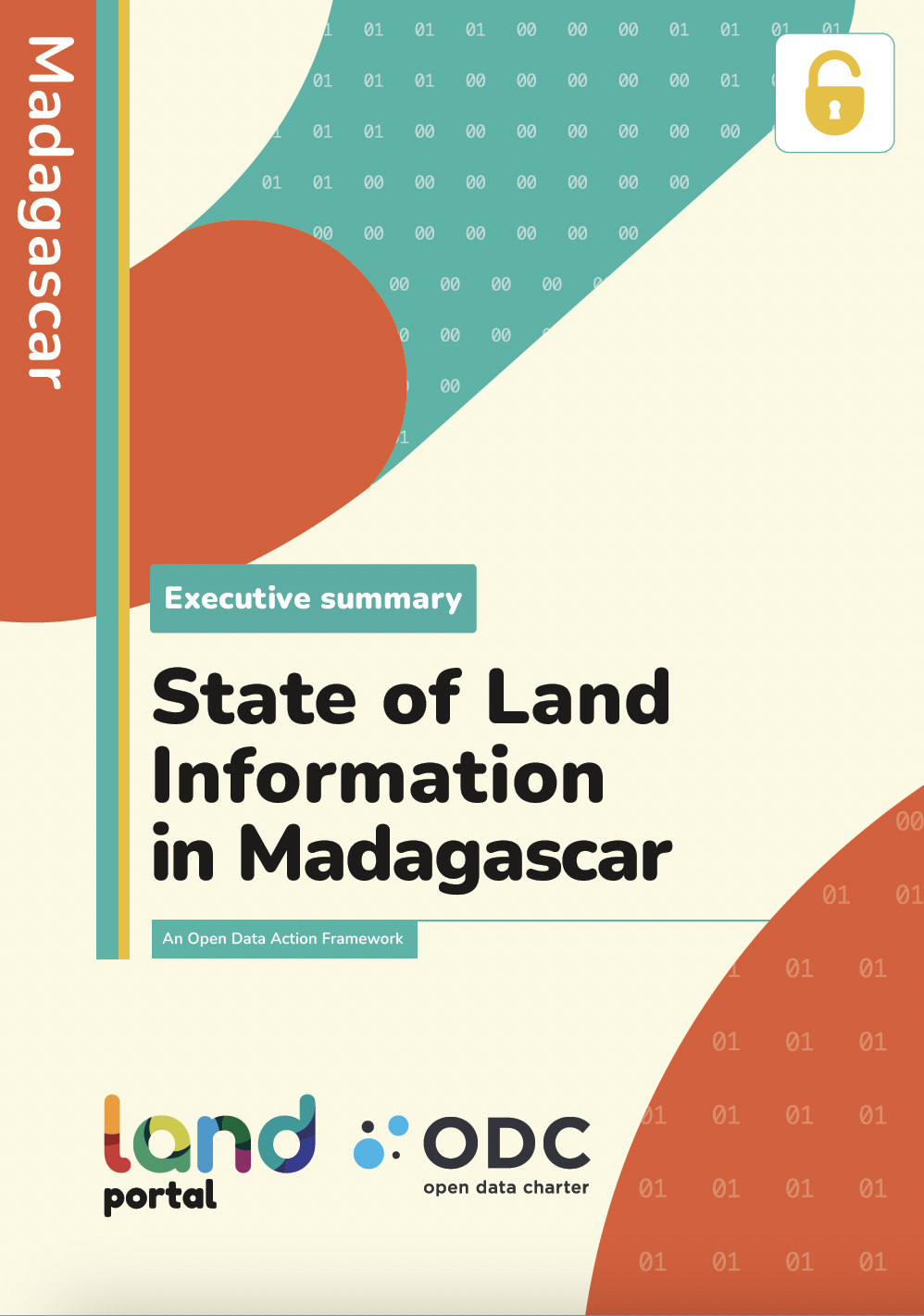Décryptage du concept de pertes et préjudices : de la responsabilité historique à la justice climatique
02 Décembre 2024
Dans ce résumé Quoi lire, nous explorons le concept de perte et de dommage en tant que réparations liées au changement climatique.
Droits fonciers et minéraux essentiels : Qu'est-ce qui est nécessaire pour une transition énergétique juste ?
20 Novembre 2024
This webinar will delve into the land governance dimensions of mining minerals that are critical to a green future, sharing insights from diverse practical approaches across diverse geographies to address complex challenges on the ground to secure the rights of indigenous peoples and local communities, whilst asking big picture questions on the role of land data, the land footprint and spatial justice dimensions of the energy transition.
Columbia Center on Sustainable Investment
Namati
International Institute for Environment and Development
Land Portal Foundation
Combler le vide : renforcer les capacités des communautés autochtones grâce au financement direct de la lutte contre le changement climatique
27 Septembre 2024
Le 23 septembre 2024, un puissant événement hybride intitulé « De l'engagement à l'action : Permettre le financement direct des Peuples autochtones dans les initiatives multilatérales sur le climat et la biodiversité » a été organisé au siège de la Fondation Ford à New York dans le cadre de la Semaine du climat. L'événement a rassemblé des dirigeants autochtones, des activistes, des représentants de fonds multilatéraux et des experts en financement climatique pour répondre à une question cruciale : Les mécanismes multilatéraux, avec leur bureaucratie tentaculaire, peuvent-ils répondre au besoin urgent de financement direct et adapté aux objectifs des Peuples autochtones en première ligne face aux défis du climat et de la biodiversité ?
700+ indicateurs
Données statistiques agrégées par des par des fournisseurs officiels
66,000+ ressources
Bibliothèque de publications de données ouvertes
Soyez des nôtres
Inscrivez-vous pour contribuer du contenu et abonnez-vous au bulletin d'information!
Pays
Land-locked Laos has the lowest population density in Southeast Asia and livelihoods mostly rely on rice farming and non-forest products. In 2023, the remaining forest cover reached a historic low with 40%. As a result of the Turning Land into Capital Strategy in 2006, the country has experienced massive investments in hydropower, and agricultural and forest concessions. The revised Land and Forestry laws of 2019 recognize customary tenure for the first time. Laos is highly vulnerable to climate stress.
Nicknamed the "country of the distant sunset," due to its western location compared to Levant countries of the Middle East, Morocco is a Maghreb country characterized by a wide variety of natural environments. Its landscapes range from snow-capped peaks to desert areas dotted with oases, arable plains, and oak and cedar forests. Over time, Morocco's rich history has shaped the way land is governed. The Islamization of the country, its colonization, and then its accession to independence successively transformed customary practices but did not entirely eliminate them. This complex history has resulted in a layered land tenure system, with different categories of land established during these various periods existing side-by-side today.
Thèmes
Forests and woodlands provide livelihoods for many communities who rely on timber, firewood, building materials, non-wood forest products, fodder, food, medical plants, and water. According to FAO, more than 2.6 billion people depend on forests and their products and services which are mostly used informally. Despite the importance of forest tenure reform, it has not received enough attention. Forest tenure and property rights determine who owns and manages forest resources.
The SDG Land Tracker provides easy access to official data and information on all land-specific SDG indicators. It concisely explains the indicators, why they are important, and tracks progress.

